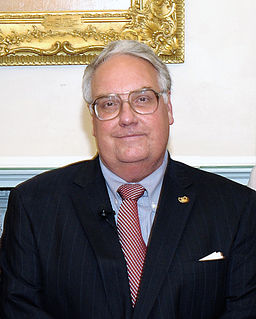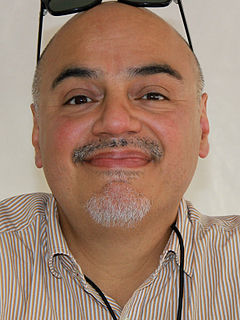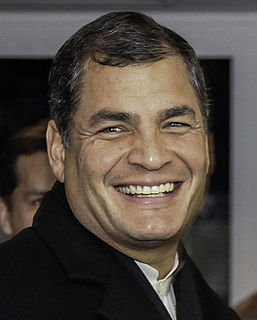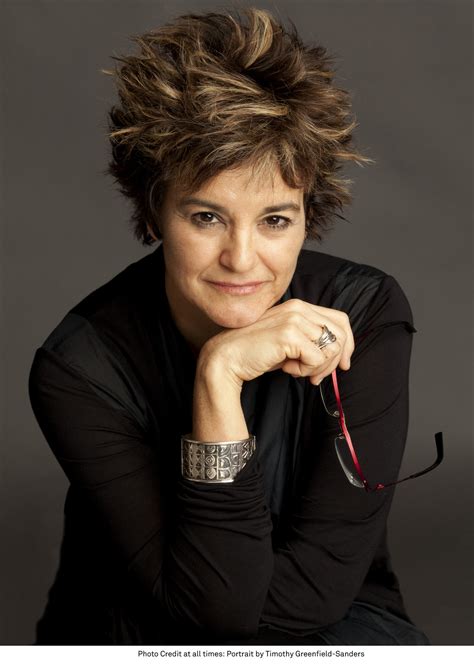A Quote by Juan Manuel Santos
I want to see Colombian youth become the best-educated in Latin America by 2025.
Related Quotes
If it is an element of liberation for Latin America, I believe that it should have demonstrated that. Until now, I have not been aware of any such demonstration. The IMF performs an entirely different function: precisely that of ensuring that capital based outside of Latin America controls all of Latin America.
The Latin American Left, the criollos, direct descendents of Spaniards, they don't want to accept that they are the whites of Latin America. They don't want to talk about race. The discussion for them is based on class struggle, rich against poor, but doesn't offer the possibility of a dialogue about racial questions.
If you don't have that science and technology and brains as an input, as you don't have in large parts of Latin America, if you don't focus your education on that, if you don't find your 10,000 best scientists, but you do find your 10,000 best soccer players, the consequences are, you become a World Cup Champion in Soccer, like Brazil, but you don't become Korea, which earned 1/5 of what a Mexican did in 1975 and today earns five times more.
I want to bring Americans into some experiences they ordinarily would not consider. Experiences in Latin America, people in Latin America, I want to bring them closer to those people, and I know I have to work extra hard at my craft to reach across these increasing chasms, these gaps that exist between different kinds of Americans, and that's the work of the artist, is to create these works that sort of help us understand our time.
What we've undergone in recent decades worldwide has been totally insane, and all of this is a result of capitalism. The workforce in Latin America was treated as a vulgar instrument for capital accumulation. Mechanisms of exploitation were imposed, such as outsourcing, labor mediation, and the like.The results are plain to see: greater inequality in Latin America; unemployment is higher than in previous decades; we haven't resolved the problem of poverty; we've lost a great deal of sovereignty.
































